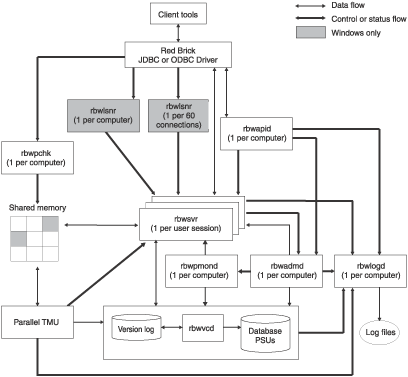The keiretsu business system first hit the press in the United States during a series of trade disputes between the United States and Japan in the late 1980s to early 1990s. The system is a series of affiliated companies that work together to ensure the mutual success of each company. The keiretsu system also relies on a very close partnership between the affiliated companies and the government, banks, suppliers, and distributors. The keiretsu system’s primary criticism is that the affiliation essentially results in a mega-company that excludes outside interference and restricts free market competition.
What is a Vertical Keiretsu?
A vertical keiretsu is one of the two primary types of keiretsu relationships that exists. In this model, one or many companies are created in order to benefit a single, greater manufacturer or parent company. These are most commonly seen with large manufacturers such as Toyota and Honda. The vertical model has a number of tiers. Major suppliers are on the secondary tier, and smaller manufacturers are on the third or fourth tier. Generally, suppliers and other companies will not conduct business with competing companies that are members of other keiretsus. In practice, the lead company in a keiretsu is a primary shareholder in member companies and often sends managers to work in these organizations. A third tier organization’s bottom line is most susceptible to economic downturn or disruption and the profit margins are set to a low amount due to the organization’s low position in the keiretsu’s hierarchy.
What is a Horizontal Keiretsu?
The Horizontal Keiretsu differs from the vertical model in that it is setup around a major Japanese bank. Included in the companies that are based on this model are the Japanese “Big Six” which include: Fuyo, Sanwa, Sumitomo, Mitsubishi, Mitsui, and Dai-Ichi Kangyo bank groups. Many of the horizontal keiretsu also have vertical relationships that are referred to as branches of the company (for example, Mitsubishi). The horizontal model was originally formed in the pre-World War II zaibatsu or financial groups. Many of the original groups were closely associated with the Japanese military prior to and during World War II as developers of conquered land or arms suppliers. Although General MacArthur attempted to eliminate groups based on the zaibatsu concept during the American occupation of Japan after World War II, many of the groups were permitted to continue without change in post war Japan.




Follow Us!